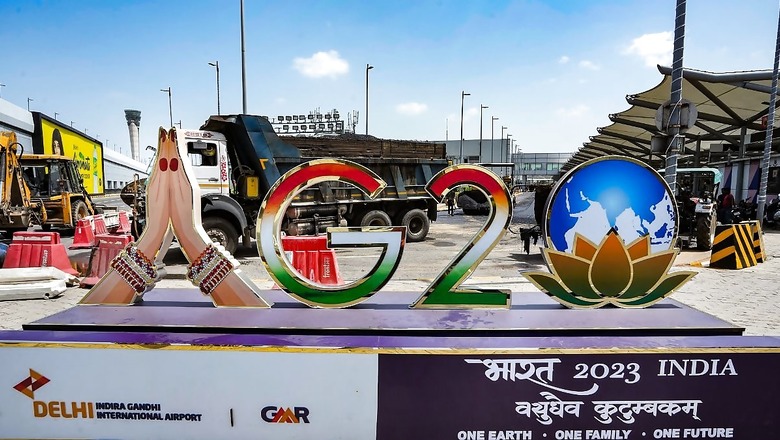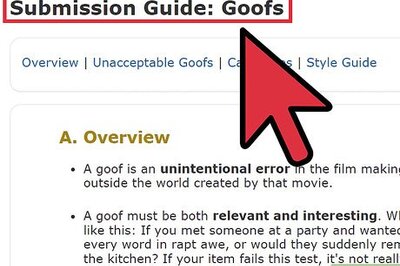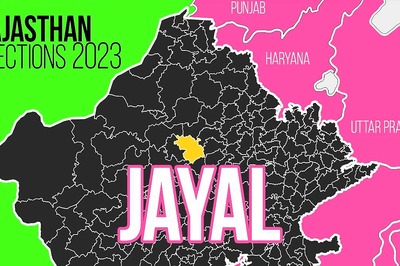
views
In a first, the Education Working Group (EdWG) under India’s G20 presidency has included “strengthening research and innovation through stronger collaboration in education and training” among higher education institutions in G20 countries as a priority area. In another first, the EdWG has recognised the critical role of education in addressing climate change, by recognising ‘lifestyles’ as an accelerator for achieving Sustainable Development Goals (SDG).
The G20 Education Ministers met in Pune in June 2023. The summit reaffirmed the critical role of quality education and training as an enabler for human dignity and empowerment; equity, equality and inclusiveness. The importance of investment in supporting human capital development for transforming our education systems and responding to the challenges of the 21st century was also recognized.
The ministers’ meeting resulted in inclusion of many important innovative elements in the EdWG Report and Outcome Document and Chair’s Summary.
Earlier, this was discussed only as a part of the engagement group-RIIG, where the focus was not on universities’ ecosystems.
FLN, DIGITAL INFRA
The EdWG under the Indian Presidency included “Foundational Literacy and Numeracy” (FLN) as a priority area for deliberations and inclusion in the Outcome Document & Chair’s Summary.
The Indian presidency has pioneered in laying emphasis on digital public infrastructure. The EdWG has recognized the need to foster open educational resources, strengthen interoperability of digital resources and leveraging the benefits of data and analytics in education while protecting privacy and security. It has also time recognised prior learning as well as alternative credentials, accrediting skills, work experiences and knowledge throughout life, beyond formal education.
As part of their commitment to SDG for (Quality Education), emphasis was on the role of schools and the need to increase enrolment and retention of all learners, particularly vulnerable learners. The need for immediate and collective action to ensure all learners acquire foundational skills by 2030, reducing the percentage of children unable to read and do math by grade 2 or 3, especially girls and children with disabilities, was also reaffirmed. The transformative potential of digital technologies as an enabler for developing affordable and accessible learning resources, including in local languages, was recognised.
The G20 Education Ministers resolved to advance life-long learning with a focus on skilling, reskilling, and upskilling and promote collaborations among our higher education institutions to facilitate joint academic and research and innovation initiatives in education.
The Education Ministers’ Group also recognised the contributing role of the accelerators; digital transformations, advancing the empowerment of women and girls, supporting a sustainable transition to a green economy, including Education for Sustainable Development (ESD) and lifestyles as key levers that can advance the progress towards achieving the SDGs.
Facilitating research and innovation collaborations among higher education institutions through joint academic and research initiatives like joint/dual, twinning degree programmes, encouraging continued collaborations among higher education institutions in accordance with the laws and regulations enacted in each country and encouraging student and faculty mobility have also been emphasized.
















Comments
0 comment